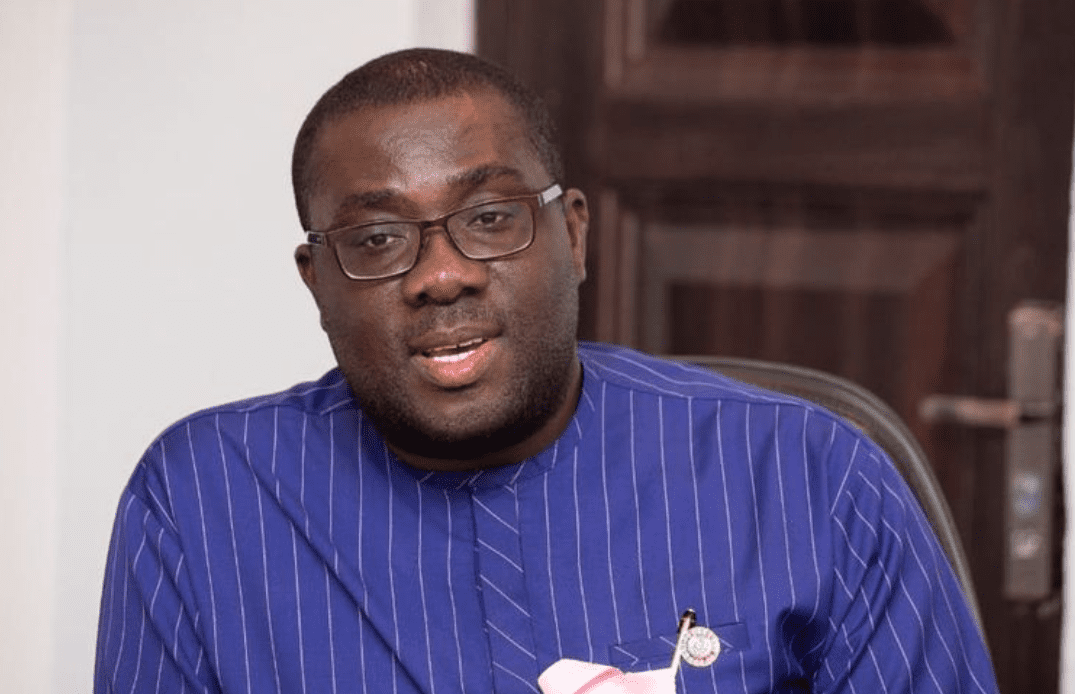ARTICLE AD
The Palestinian Ambassador to Ghana, Mr Abdalfatah Alsattari, on Saturday presented assorted items to more than 150 Muslim women in Accra.
The items which included bags of rice, oil, sugar, tin tomatoes, spaghetti, tins of milk, sardines was to support the beneficiaries during ‘Iftar’, evening meals eaten during Ramadan.
Similarly, the Embassy feted 180 children from four communities in Ayikuma near Dodowa, amidst live band music, in addition to sharing of gifts to them.
Making the presentation, Mr Alsattari stressed the need to support, show love to the beneficiaries and their families during the month of Ramadan.
He said despite the suffering of Palestinians as a result of the war in Gaza and Palestine, “the Palestinian community in Ghana wanted to put smiles on the faces of both the Ghanaian Muslim and Christian communities such as Madina, Nima, Fadama and Shukura in Accra”.
He commended Ghanaians for solidarising with Palestine over the years.
The spokesperson of the National Chief Imam, Sheikh Aremeyaw Shiabu, urged Muslims to show love, give hope to people, and avoid violence during this Ramadan period.
He urged the public, especially the Muslim Community not to be used by politicians to distort peace during the coming elections in the country.
“As Muslims emerging from Ramadan we should all have a new mindset, very pure, caring for people and be honest, if you have come out from fasting don’t allow any politician to buy vote from you, it is a mark of dishonesty, it means you have slided back to your old self, remain as those who have integrity as a good Muslims,” he added.
He commended the Ambassador and the Palestinian Community in Ghana for the kind gesture, stating that it would support the beneficiaries during the Ramadan.
Sheikh Shiabu also urged Muslims to be at the frontline of campaigns in order to ensure peace in the country and rid the communities of violence, corruption and wickedness.
BY ANITA NYARKO-YIRENKYI

 9 months ago
71
9 months ago
71 

